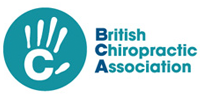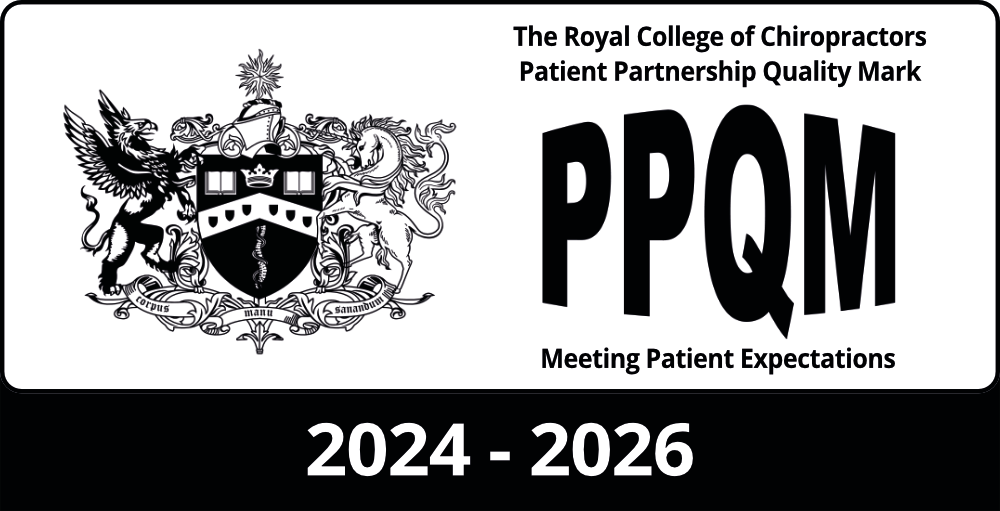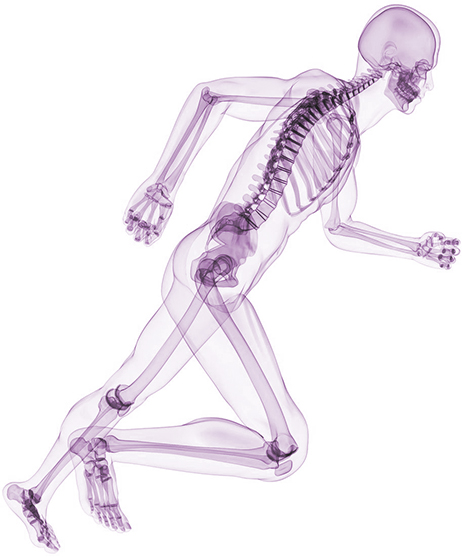Conditions
Click on the highlighted areas of the man below to see more information.
Neck
When the joints, muscles or ligaments in the neck do not function normally, many symptoms may appear. Commonly neck pain and stiffness are early signs, often associated with headaches in the back of the head which may refer pain behind the eyes.
Read MoreShoulders
Shoulder conditions can occur because of gradual overload on the shoulder, perhaps from sleeping or working posture.
Read MoreElbows
You don't have to play tennis to have a tennis elbow. Repetitive use of your wrist, such as using a screwdriver or typing, can cause an overload of the tendon.
Read MoreWrists
Repetitive strain injuries are very common in the wrist, and are usually found in typists or people who use a computer a lot.
Read MoreBack
A common myth is the "slipped disc". Discs don't slip - they can can bulge out like a car tyre (a herniation or a prolapse) and when they do, they usually cause leg pain or sciatica.
Read MoreMid-back
Muscular pain is classically like a dull toothache. Joint pain is usually sharper and is often associated with 'twinges' on movements such as twisting to get in and out of the car.
Read MoreLower Back
The National Institute for Health and Care Excellence (NICE) has issued (May 2009) a publication advising on management of non-specific back pain and in this, recommends spinal manipulation.
Read MoreHips
Apart from hip pain which is caused by a specific injury or an arthritic hip joint, most pains in the hip, groin or top of the leg are caused by a mechanical overload from a problem elsewhere.
Read MoreKnees
Knee complaints are one of the most common sports injuries. Ligaments, tendons and muscles are all working very hard to keep the knee stable, and they can injure if loaded wrongly. A torn cartilage is often associated with a locking or clicking of the knee.
Read MoreFeet
Problems within the foot can cause a multitude of problems from the knees to the hips or spine. Because the foot is the "base" on which we stand and walk, it can cause major compensations higher up when things go wrong.
Read MoreYou do not need a referral to see a Chiropractor because we are primary contact practitioners. This means that while we successfully treat many complaints that usually respond well to manual therapy, we are also trained to recognise conditions which are not appropriate for chiropractic care, in these cases you will be referred to your GP.
Management of some conditions is just as important, if not more so, than the treatment itself. Successful management of a complaint may include advice, exercises, bracing or taping, monitoring progress, re-examining or appropriate medical referral. We have good working relationships with the local GPs, orthopaedic and neurosurgical consultants, and diagnostic imaging centres.




